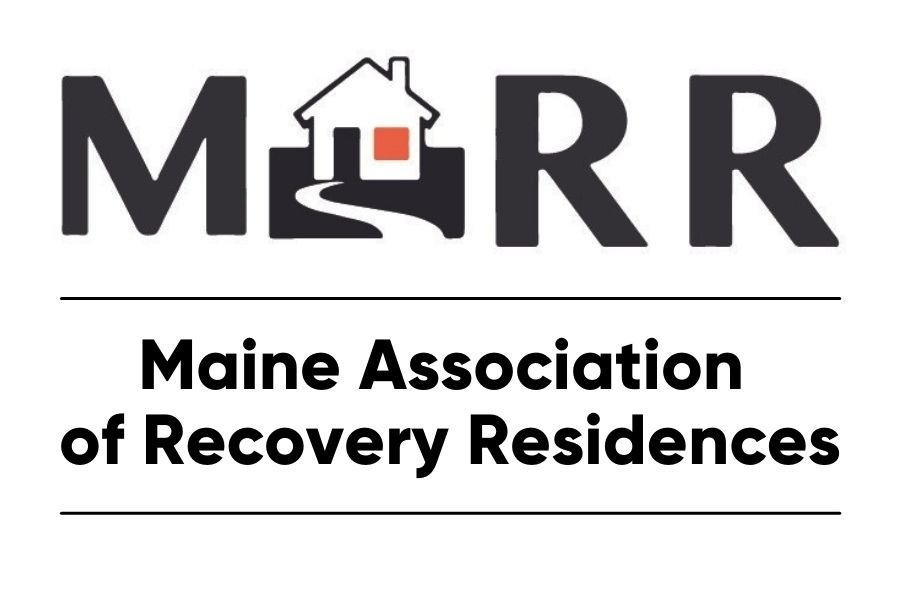Outcomes Data Collection Arrives at MARR
The Maine Association of Recovery Residences has been interested for years in collecting information from our residents to measure the progress of individuals in early recovery. It is not a complicated process, but it does require our members to embrace the program and encourage residents to participate. One of the most useful tools to track progress in recovery is an instrument called the REC-CAP, available from the Recovery Outcomes Institute (ROI) (website: http://recoveryoutcomes.org/). According to ROI:
“REC-CAP stands for Recovery Capital and is an evidence-based assessment and recovery planning instrument developed by Dr. David Best that:
· Assesses an individual’s recovery strengths, barriers and unmet service needs
· Supports trained navigators to guide individuals in the execution of concrete recovery goals
· Delivers longitudinal measurement of recovery capital gains over defined intervals
The REC-CAP utilizes a comprehensive set of recovery assessment tools (Commitment to Recovery, Recovery Barriers, Unmet Service Needs, Recovery Group Involvement, Meaningful Activities, etc.) to create a clear and accurate picture of exactly where the client is at.”
The results of the assessment provide data (in a variety of formats) that can be used by individuals to understand their strengths and weaknesses in the recovery pathway and to see, over time, their progress.
With a grant from the Office of Behavioral Health (OBH), MARR has purchased a subscription to REC-CAP and is beginning to roll out the software program to several MARR members. These “early adopters” will give us valuable experience in how best to implement the program. MARR will join five other states with NARR Affiliate chapters that have already begun to use this system. Early reports are encouraging.
In order to facilitate implementing the system, MARR has hired a permanent “navigator” to assist our members. Peter Rosasco (Peter@mainercoveryresidences.com), will serve as Lead Data Outcomes Navigator.
The system is easy to use and is 100% online. MARR members that lack the hardware (laptops or desktops) will be supplied with tablets capable of internet access. Accessing the REC-CAP tool is as easy as logging on to the website, signing in, and completing the 50-item questionnaire. It takes about 10–15 minutes. We will ask new arrivals to complete their first REC-CAP assessment within 72 hours of arrival, then at 45 and 90 days. An additional assessment at 6 months would be a bonus.
The results of a person’s REC-CAP assessment will be made fully available to the individual taking the assessment. The data will reveal areas of recovery that are strong and those that need attention. An operator may go over the results with their individual residents with permission.
MARR will receive de-identified data. This means the persons identifying information will not be shared with MARR. Using this aggregate information from all of our members, we will be able to guide operators by sharing the performance of other, similar residences. Operators of residences in different locations will be able to compare progress in one area versus another. We will be able to compare one demographic to another. Operators in rural areas will see how they stack up against more urban residences. This data will help us to understand how we can offer improved programs by understanding what is working and what is not.
Our funders are quite interested in what we discover. They are particularly interested in changes in employment status, housing security, abstinence success, criminal justice involvement, social connections, and health status. REC-CAP will amply demonstrate the progress our residents make in these areas.
MARR will begin implementation with the first participants in a few weeks. We hope to have 50% of our operators using REC-CAP within 6 months and the vast majority within one year. Reaction to this program has been overwhelmingly enthusiastic!
Most recovery residence operators would agree that long-term residence in a sober living environment enhances recovery. Now, we will be able to prove it.
For further information: Video Link to YouTube clips of Dr. Best describing REC-CAP: https://www.recoveryoutcomes.com/rec-cap/.
